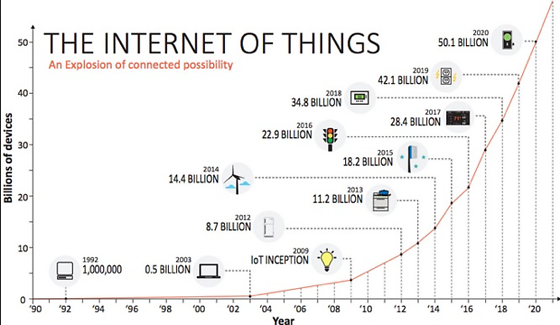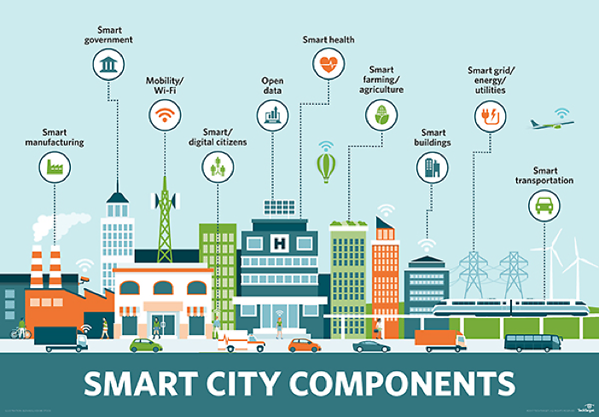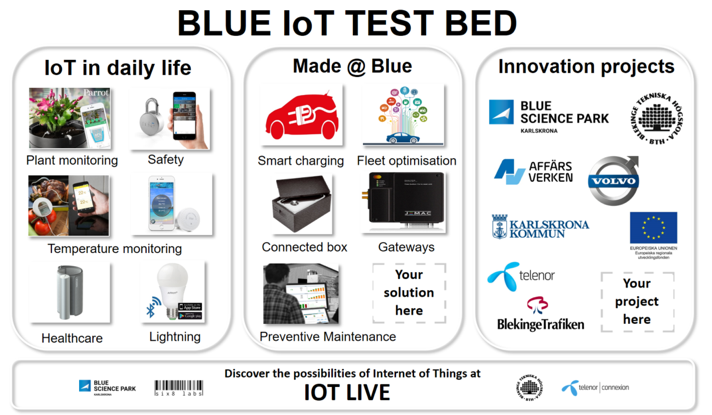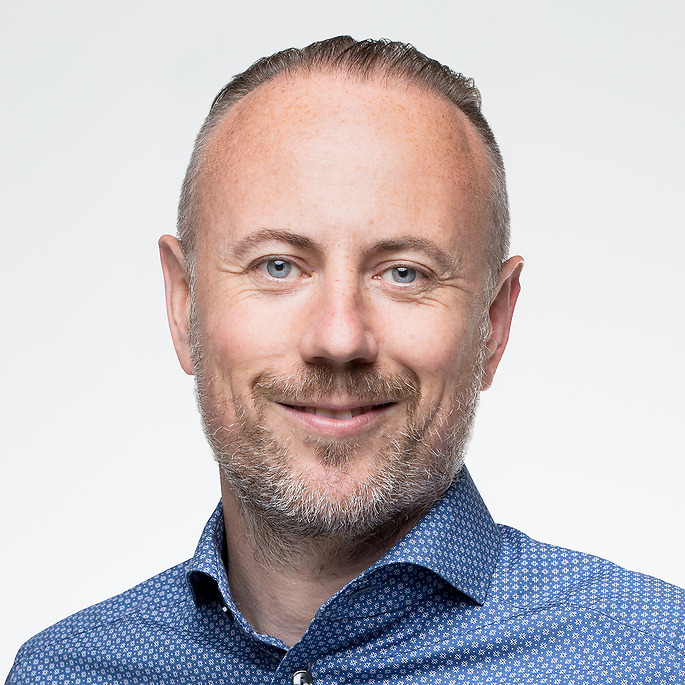"25 billion connected devices is a good start" writes Business Developer Mikael Zelmerlöw.
Internet of Things: 25 billion connected devices is a good start
There are billions of sensors online continuously collecting data which combined with analyses and Artificial Intelligence can predict traffic jams, pollutions, temperature and many other things, moving us towards a smarter future. Blue Science Park have created a test bed for IoT, reaching that future a little faster, writes Mikael Zelmerlöw, Business Developer IT/Telecom.
Signed: Blue Science Park.
50 billion connected devices in 2020
Over the past years, the number of connected devices has increased dramatically, from one million devices connected in 1992 it’s expected that we will have more than 25 billion devices in 2018. In 2020 that will be doubled, to an impressive 50 billion connected devices globally forming Internet Of Things (IoT).
So why are there more and more connected devices and how will that improve our daily life?
Already today, IoT is something we interact with every day: at home wireless sensors control the temperature, the home security system is connected, and your car most likely have a dozen of different connected sensors. You can even buy a connected refrigerator that keeps track of the groceries and lets you know when it’s time to fill up and sends an alert when there is a risk for items becoming old, thereby reducing waste.

When the majority moves to megacities
IoT is not only a nice thing, it’s actually a necessity for us looking into the future. With an estimate of 60% of the global population living in megacities 2030, limited living space, logistics and environment becomes an enormous challenge.
Key is the smart city. Introducing the connected and intelligent city will create a better quality of life by reduced resource consumption, smarter communication, logistic, and a sharing mindset, to mention some areas.

IoT testbed in southeast Sweden
To spread knowledge about the possibilities of IoT and the commercial potential, Blue Science Park and our members have created a test bed for it. The testbed consists of four different areas:
IoT in daily life shows hands-on examples of how IoT is already today part of our everyday life, for example healthcare, temperature and surveillance.
Made @ Blue shows how local companies are working with the IoT area, providing solutions for connecting transport, monitoring machines and production, this area also gives examples of the sensors being used.
Within Innovation projects, we are currently running new IoT projects mainly targeting the area of machine learning and digitalization of manufacturing industry.
As an initiative to spread IoT knowledge and show the potential to non-engineers (for examples teachers or nurses), we are running IoT Live sessions in which the students get to create their own IoT solution.
As part of the IoT test bed, the plan is to offer radio access (LoRa & Narrow Band) during 2018 for companies that would like to try out IoT solutions.

So what is your IoT strategy? If you haven't yet started to look into the possibilities, it's time to do so. And keep in mind that an IoT strategy doesn't only involve hardware and software, but also people, processes and business models need to be considered. So come talk to us at Blue Science Park, we’d be happy to connect!
About Blue Science Park
Research & Development meet the need from the Industry, business and public sector at Blue Science Park, in order to develop excellence and foster new ideas within our focus areas of Telecom/IT, eHealth and Marine Technology.
